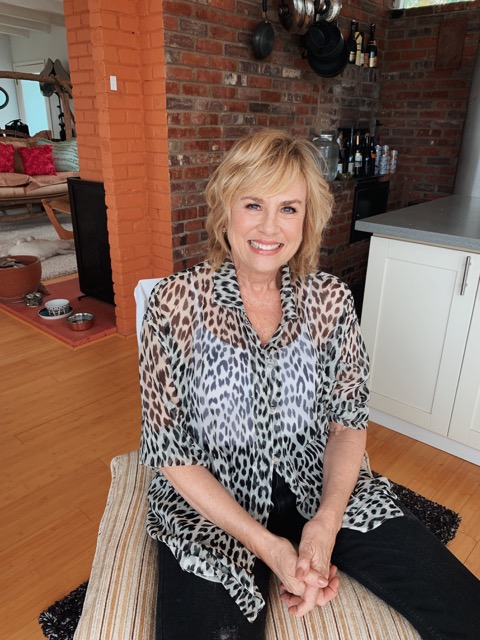I’ve noticed that among a number of devoted truth seekers, there is a common confusion that our joy and good feelings are spiritual while our anger and bad feelings are not. If I were a spiritual person, we might think, I’d forgive and forget. I wouldn’t get stuck in upset and feelings of rage or revenge. I’d be happy and carefree all the time. That would be nice, it’s an understandable goal, but shoving down our true feeling is taking a detour along the direct path toward self-love. It doesn’t work. We always end up right back where we started with an extra layer of frustration thrown into the mix.
I don’t want to be physically or emotionally upset any more than you do. I want to find forgiveness quickly so I can feel more comfortable. But I encourage myself to remember something a wise woman once told me: “We can change our thoughts and actions, but we can’t change our feelings.” We can manage them, however, but first we have to feel them fully.
Finding inner contentment requires us to stop and acknowledge what we feel and figure out how to be okay with it. If we don’t, we’re skipping a step in the process of finding peace. When I sidestep my feelings because I think they’re not spiritual, I’m being aggressive with myself and I will inevitably revert to defensiveness and numbness. It just doesn’t work to shove ourselves around.
It takes a lot of discipline and trust not to abandon ourselves when we’re having a bad time. One of my most influential mentors, Buddhist nun, Pema Chodron, talks about learning to STAY with your true feelings, no matter what they are. She suggests that we take some time to discover our inherent restlessness as we wriggle and squirm and chase our wandering minds. She says, “We don’t want to stay with the nakedness of our present experience.” She likens this to training a dog by beating it. He may become obedient as we command that he “sit, stay, come, and roll over,” but instead of being flexible and confident, he ends up being terrified and neurotic. Pema goes on to explain that when we train ourselves to “stay and settle down” with kindness, the result is the very lightness that we wanted for ourselves in the first place.
I’ve seen a lot of fear rise up during this period of quarantine, not only around the possibility of contracting a deadly virus, but also the difficulty of being alone with ourselves for long periods of time. It can feel like we are stuck with ourselves if we judge and blame ourselves for what we feel. I don’t know how many times I’ve chastised myself with, “I should be doing better than this.” But if I speak those punishing words, if I refuse to accept my humanness and all of my feelings, they don’t go away. They lurk in the psyche, waiting for an opportunity to rise up once again and hit me in the stomach harder than before.
To return to the wisdom of Pema Chodron, she says, “The opposite of anger and aggression is patience. Patience has a lot to do with getting smart and just waiting: not speaking or doing anything. It also means being completely and totally honest with yourself about the fact that you’re furious.”
So what do we do? We feel, we stay, we do our best not to judge, and however long it takes, we will eventually find the courage and grace to face the often surprising and complete truth about who we are . . . and love ourselves anyway.


Recent Comments